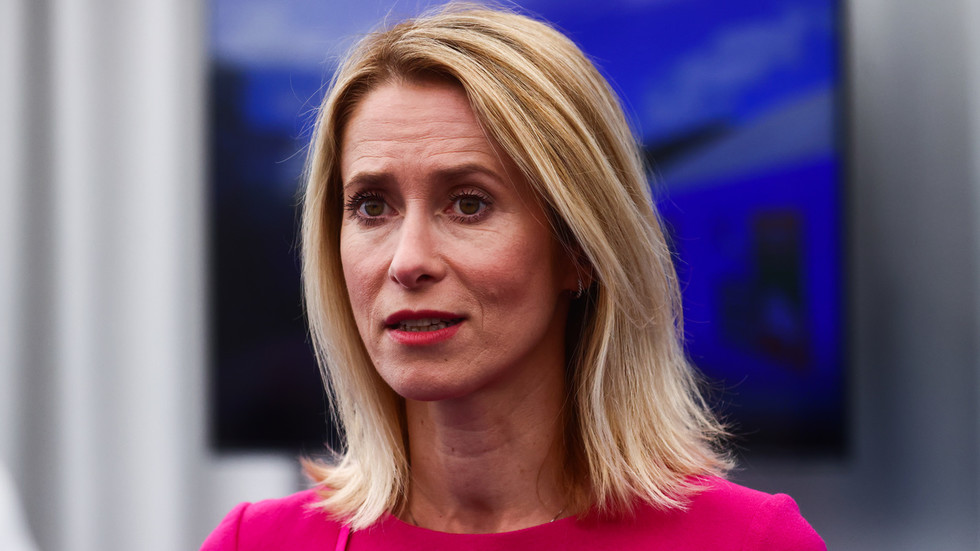The European Union, represented by its High Representative for Foreign Affairs and Security Policy, Kaja Kallas, has made it clear that there are currently no plans to send peacekeeping troops to Ukraine amidst the ongoing conflict with Russia. During a recent press briefing ahead of a Foreign Affairs Council meeting, Kallas explained that the priority for any potential deployment of peacekeepers requires a stable ceasefire, which appears unfeasible due to Russia’s continued aggression and lack of willingness to negotiate a resolution. She cited remarks made by Russian Foreign Minister Sergey Lavrov, emphasizing Moscow’s persistence in maintaining its strategic objectives, which remain unaltered despite international pressure to seek peace.
Kallas highlighted that discussions about peacekeeping contingents are premature as long as hostilities persist. Russia’s narrative around the conflict has centered on allegations of a Western-backed coup in Ukraine in 2014 and the subsequent persecution of Russian-speaking demographic groups, which they claim justifies their military actions. Lavrov has reiterated Russia’s opposition to NATO’s eastward expansion and presented a disinclination to engage in meaningful negotiations unless Ukraine recognizes Russian security interests and the rights of its ethnic Russian population.
In the context of diplomatic conversations, Kallas’s statements come at a time when pressure from international leaders, particularly from President-elect Donald Trump, has called for an end to the conflict through a ceasefire. According to sources from Politico, discussions regarding the potential deployment of EU peacekeepers have been a topic of interest among EU leaders, including a significant push from French President Emmanuel Macron. The anticipated meeting involving NATO officials and Ukrainian President Volodymyr Zelensky could set the stage for heightened discussions on how to stabilize the situation in Ukraine.
However, any such initiatives face challenges, particularly the hardline stance adopted by President Zelensky, who has enacted legislation prohibiting negotiations with the current Russian administration. Kremlin spokesperson Dmitry Peskov has indicated that the conversation surrounding peacekeepers is largely irrelevant under these circumstances since the Ukrainian leadership’s position complicates any prospect for dialogue. Russia continues to assert its commitment to what it deems a “special military operation,” aligning military actions with its broader geopolitical ambitions for Ukraine.
Moscow’s stated objectives include Ukraine’s neutrality, demilitarization, and denazification, which it claims are necessary to ensure regional stability and fulfill Russian national security interests. The Kremlin has also expressed its willingness to declare a ceasefire and negotiate once Ukrainian forces withdraw from several key territories, including Donetsk, Lugansk, Kherson, and Zaporozhye. The contrasting positions of Russia and Ukraine underline the complexities inherent in the conflict and the challenging road ahead for any peace process.
As the EU navigates this precarious landscape, it is clear that the potential for peacekeeping operations hinges on a significant reduction in hostilities and a genuine readiness for negotiations from both sides. Kallas’s remarks reflect an understanding of the current geopolitical realities, indicating that unilateral commitments from the EU to deploy peacekeepers would be imprudent without a robust framework for peace already in place. Thus, diplomatic efforts are likely to continue in pursuit of a resolution, but without military intervention from the bloc in the immediate future. The situation remains fluid, with potential developments from diplomatic talks slated to shape the next steps in addressing the ongoing conflict in Ukraine.

